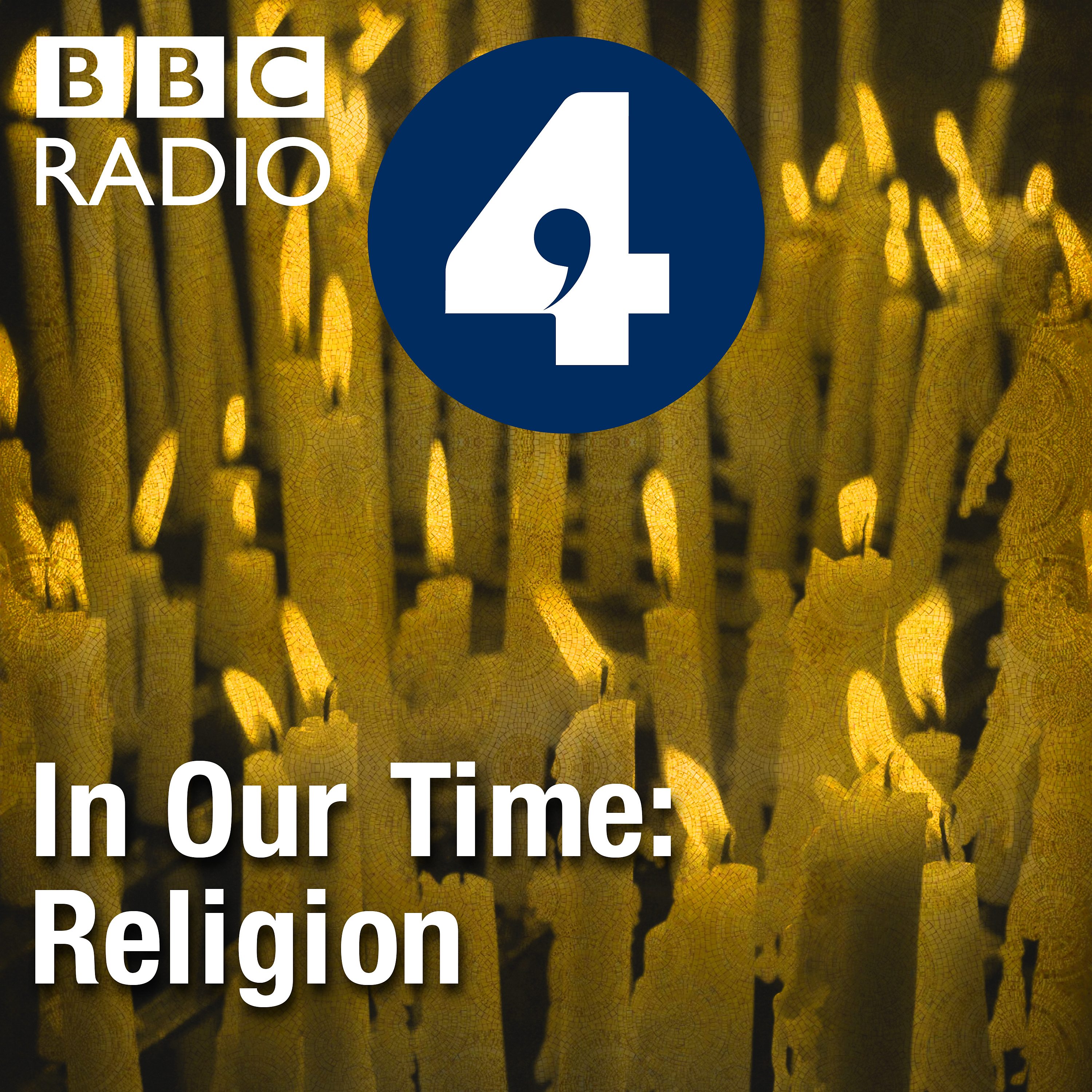Papal Infallibility
Description
Melvyn Bragg and guests discuss why, in 1870, the Vatican Council issued the decree ‘pastor aeternus’ which, among other areas, affirmed papal infallibility. It meant effectively that the Pope could not err in his teachings, an assertion with its roots in the early Church when the bishop of Rome advanced to being the first among equals, then overall head of the Christian Church in the West. The idea that the Pope could not err had been a double-edged sword from the Middle Ages, though; while it apparently conveyed great power, it also meant a Pope was constrained by whatever a predecessor had said. If a later Pope were to contradict an earlier Pope, then one of them must be wrong, and how could that be…if both were infallible?
With
Tom O’Loughlin
Professor of Historical Theology at the University of Nottingham
Rebecca Rist
Professor in Medieval History at the University of Reading
And
Miles Pattenden
Departmental Lecturer in Early Modern History at the University of Oxford
Producer: Simon Tillotson and Julia Johnson
More Episodes
Melvyn Bragg and guests discuss the last pagan ruler of the Roman Empire. Fifty years after Constantine the Great converted to Christianity and introduced a policy of tolerating the faith across the empire, Julian (c.331 - 363 AD) aimed to promote paganism instead, branding Constantine the worst...
Published 04/18/24
Published 04/18/24
Melvyn Bragg and guests discuss one of the most influential theologians of the twentieth century. Karl Barth (1886 - 1968) rejected the liberal theology of his time which, he argued, used the Bible and religion to help humans understand themselves rather than prepare them to open themselves to...
Published 01/04/24


